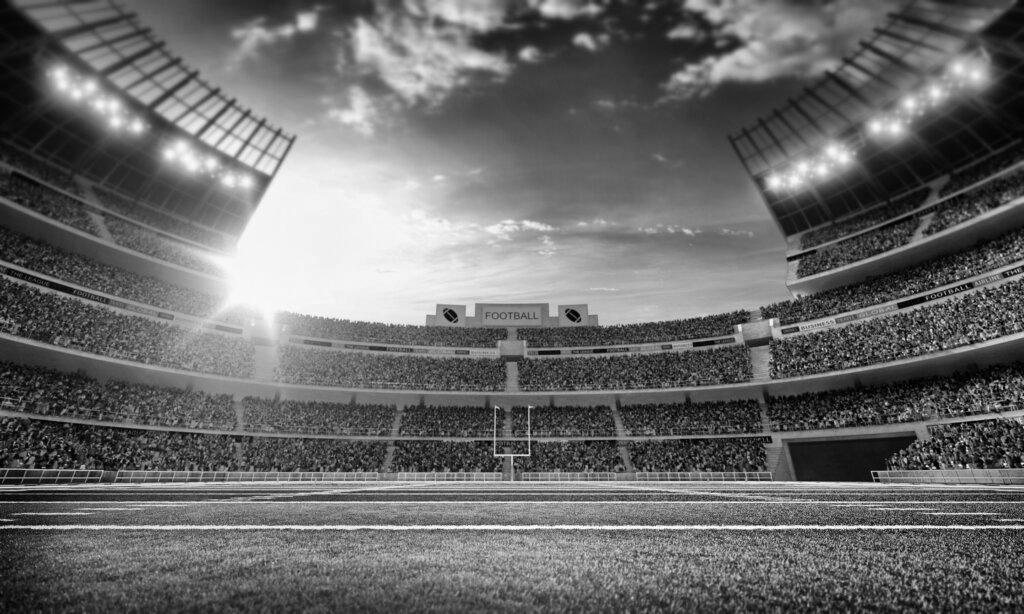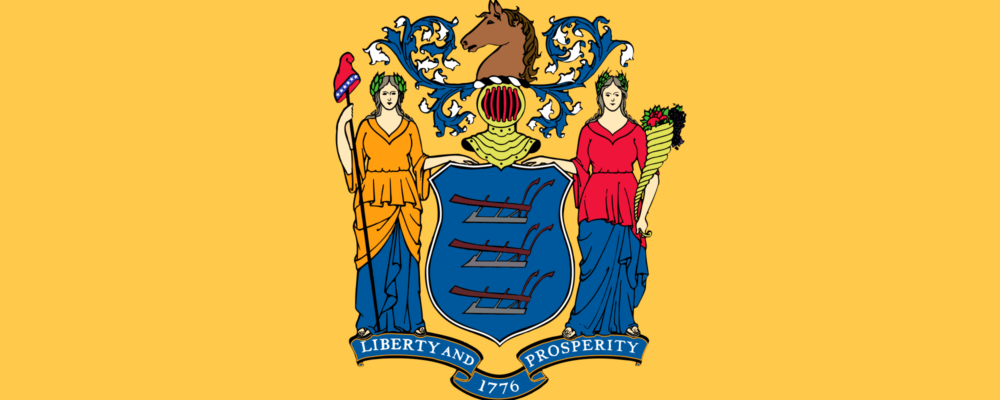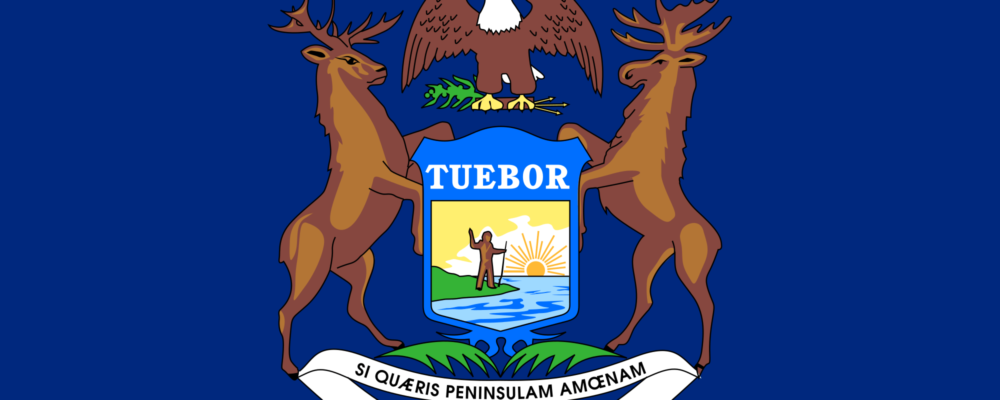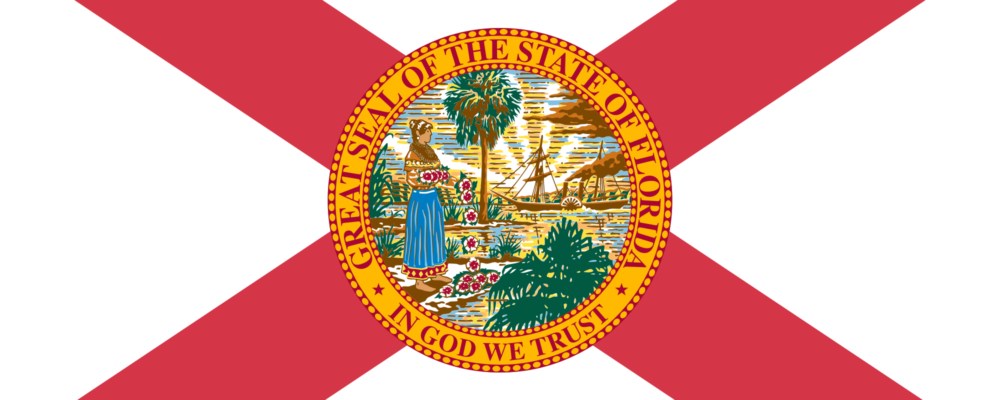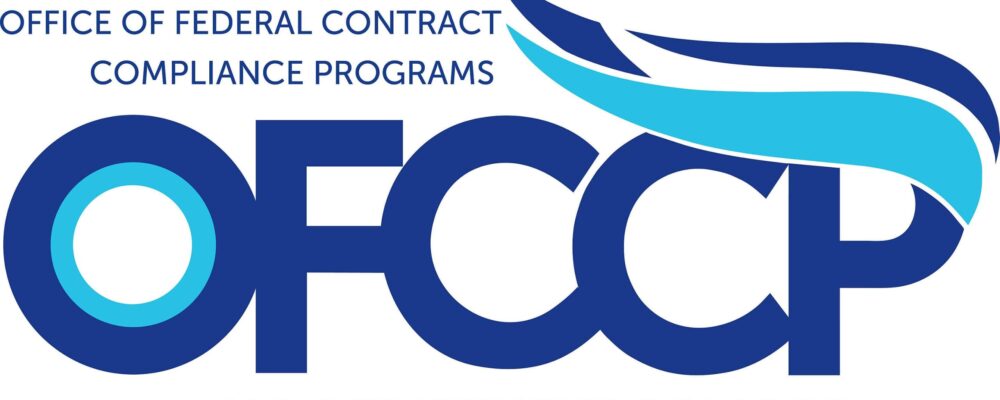Quick Hits
- A recent federal court ruling in Tennessee found that NCAA eligibility rules regarding two-year college transfers likely violate federal antitrust law, granting a former junior college quarterback an additional year to play in Division I football.
- The court recognized that the NCAA holds monopsony power over college athletes, limiting the labor market for players and impacting their eligibility and competition among schools.
- The decision is part of a broader trend challenging NCAA “amateurism” rules, which may lead to significant changes to the college athlete labor market and increased competition for talent.
- The willingness of courts to entertain these types of monopsony claims against the NCAA could signal greater scrutiny in the future of antitrust labor market claims against employers on a broader scale.
On December 19, 2024, a federal judge for the Middle District of Tennessee granted Vanderbilt University starting quarterback Diego Pavia a preliminary injunction, providing him an additional year of eligibility to continue his college football playing career.
The court found that enforcement of certain NCAA bylaws, which count college athletics at two-year institutions not governed by the NCAA, such as a “junior college,” as a year against an athlete’s typical four years of NCAA eligibility, likely violates Section 1 of the Sherman Antitrust Act.
Pavia sought an injunction for an additional year of NCAA eligibility to continue his college football playing career after helping lead Vanderbilt football to a historic season in which it was invited to a bowl game for the first time since 2018. Pavia previously played two seasons at a junior college before transferring to an NCAA Division I school, where he played for two seasons before finally transferring to Vanderbilt before the 2024 season.
While the ruling is limited to Pavia and only allows him to play NCAA football in 2025, the NCAA has since issued a blanket waiver granting an additional year of eligibility for former junior college transfers for the 2025-26 academic year and is reportedly considering a permanent rule change. However, on December 26, 2024, the NCAA filed a notice of appeal in Pavia’s case.
The NCAA’s Monopsony Power
The ruling recognized “the NCAA and its member schools hold monopsony power over the labor market for college football and, therefore, have ‘market power.’” A monopsony exists when a single buyer (in this case, the NCAA) controls the market for a particular type of labor, giving it significant power over wages and employment conditions. Monopolies, in contrast, focus on the control the seller has over a particular product in a specific market.
By restricting eligibility based on the duration of participation and the type of institution attended, the court found the NCAA effectively limits the supply of eligible athletes, thereby maintaining illegal control over the labor market.
Central to the ruling, the court agreed with Pavia that the NCAA’s lifting of rules prohibiting college athletes from being compensated for their name, image, and likeness (NIL) created greater commercial rights for college athletes that they may want to optimize and brought NCAA eligibility rules further into the purview of antitrust scrutiny under the Sherman Act.
Impact on College Athlete Labor Markets
The ruling challenged the NCAA’s ability to restrict the eligibility of athletes who have attended junior colleges. Any possible rule change relating to eligibility based on years spent playing sports for a junior college is likely to increase competition for talent among NCAA Division I schools.
Specifically, the Pavia court found that the eligibility restriction harms college athletes by inducing athletes to join NCAA programs when a non-NCAA institution, like a junior college, might be in their best interests and “harms the competitiveness of NCAA teams by limiting the number of years these players can compete at the Division I level.”
The court further found that it was clear the eligibility restrictions had anticompetitive effects, and the arguments that restrictions on the length of eligibility have a neutral impact on the labor market “ignores the new economic reality in the age of NIL compensation.”
The court likened the case to a 2023 ruling from the U.S. District Court for the Northern District of West Virginia that blocked the NCAA’s enforcement of a transfer eligibility rule, known as the “year-in-residence” rule, that required college athletes to sit out a year of competition after transferring from a four-year institution to another.
Finally, the court rejected the NCAA’s argument that eligibility rules are key to differentiating the product of NCAA football. The court stated it was not persuaded that it is necessary to restrict the years of eligibility specifically for athletes who transfer from junior colleges. It noted that the NCAA does not count “other forms of post-secondary education and athletic competition” against athletes’ years of NCAA eligibility.
Implications for Employers
The court’s ruling in favor of Pavia is the latest against the NCAA in recent years in a series of legal challenges to the NCAA’s “amateurism” rules. This period has marked significant upheaval in college athletics.
Moreover, the ruling could have broader implications for employers in markets where monopsonistic practices may arise. In particular, the ruling underscores that employers with significant control over labor markets may be targets of antitrust legal challenges for allegedly restrictive practices.
As such, employers—especially those whose employees have limited mobility or options to work elsewhere—may want to focus on their employment practices that arguably unreasonably restrain trade or limit competition and are not tied to protecting legitimate business interests.
Ogletree Deakins will continue to monitor developments and will provide updates on the Higher Education, Sports and Entertainment, and Unfair Competition and Trade Secrets blogs as additional information becomes available.
Follow and Subscribe
LinkedIn | Instagram | Webinars | Podcasts
“Ogletree Deakins has experienced professionals in all areas of labour and employment law who provide efficient, client-focused service. We represent employers of all industries and sizes, from small businesses to Fortune 50 companies.”
Please visit the firm link to site


